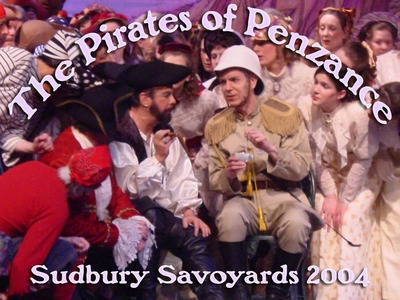Professional Advocacy
From Educators To Educators
"There are many examples of benefits from role-playing that can have an impact on someone in or out of the classroom. I think role-playing can teach life skills in general. Working in a team, leadership training, imagination training/thinking outside the box, confidence building, and problem solving, just to name a few. Another way role-playing teaches life skills is by watching other people bring their knowledge and experience into their characters. As you see them act and react, you gain new knowledge and learn different ways to react to a situation.
Finally, role-playing games can offer a “safe space” for people to try on new ideas – they can be the party leader, the suave diplomat, or the quiet mouse in the corner (something an out-going personality may have a problem with!). As they become more comfortable with those roles, they often take those skills and mannerisms out of the game setting and into the “real world”.
Not all the players in a game come from the same background or social group. Any gathering (organization, club, association, etc) that brings together people with diverse backgrounds and experiences has the potential to allow the formation of new relationships and networks. You join a game that the local gaming store hosts, and there you meet Joe, the Med Student; Tony, the Business Student; and Barbara, Law Student. As you play the game with these people, you’ll make friends with them. Later, when everyone graduates and moves on to their new jobs, you’ll have a network on contacts now that involve doctors, small business owners, and the legal field. If they can’t help you directly, they’ll probably be able to put you in touch with someone who can."[1]
* * *
"One of the greatest challenges as a teacher is getting students to think of hard topics like literature and writing outside of the classroom. From an English classroom perspective, Role-Playing can help students think creatively about characters, settings, and storytelling. Students who are familiar with games like Dungeons and Dragons realize that the storyline is one of the most vital concepts of the game. Students could be encouraged to use these creative processes to create characters, character backgrounds, settings, conflicts, and resolutions.Furthermore, almost all role-playing games encourage students to participate in archetypal based worlds. Dungeons and Dragons is very similar to the world of J.R.R. Tolkien. Rifts is comparable to most Science Fiction novels. Even more mature games like Vampire: The Requiem draws on various instances of Vampire mythology. By correlating these games with pieces of literature, some students will be drawn into the literary worlds.
Enrichment activities for standard pieces of literature like The Odyssey or Beowulf could easily including writing up an adventure that occurs in that same world, but with different characters.
From a Theater classroom perspective, using some of the models from Live-Action Role Play can be beneficial. Ideas such as setting the scene, staying in character, even developing extensive backgrounds for characters help actors become those characters instead of just playing a role."[2]
* * *
"Although the idea is as old as literature itself, many teachers forget that almost all pieces of literature can be transformed into performance pieces. By having the students take a piece of prose and creating a script from it, they are synthesizing something and thus have a greater chance understanding it. Students can be challenged to create these scenes not only for their own understanding, but for a shared understanding in the classroom. It is a technique I used with Steinbeck's "The Pearl." I had the students pick chapters, create scripts, and then act them out. It was one of the most successful teaching units I had with that class."[3]
"I've experienced a form of role-playing in class before, and plan on including it in my own lessons when I become a teacher. There was a very fun Government role-play that one of my teachers used in a social studies class. It involved different groups of students playing "as" countries, making decisions with the other people in your group while keeping your country's better interests in mind."[4]
"Role playing in classrooms allows for a greater immersion into a subject for students that do not take as well to straight reading and rote memorization. When they act out persons, places, historical events, and ideas... the capacity to keep facts from fading into nothing only increases."[5]
"Role playing is a viable educational tool. It lets students develop and practice new behavioral skills in a relatively safe setting, and can create the motivation and involvement necessary for real learning to occur. It encourages thinking and creativity, adds variety and a change of pace. It is widely agreed that learning takes place when activities are engaging and memorable. It is fun and motivating and even quieter students get the chance to express themselves in a more forthright way."[6]
